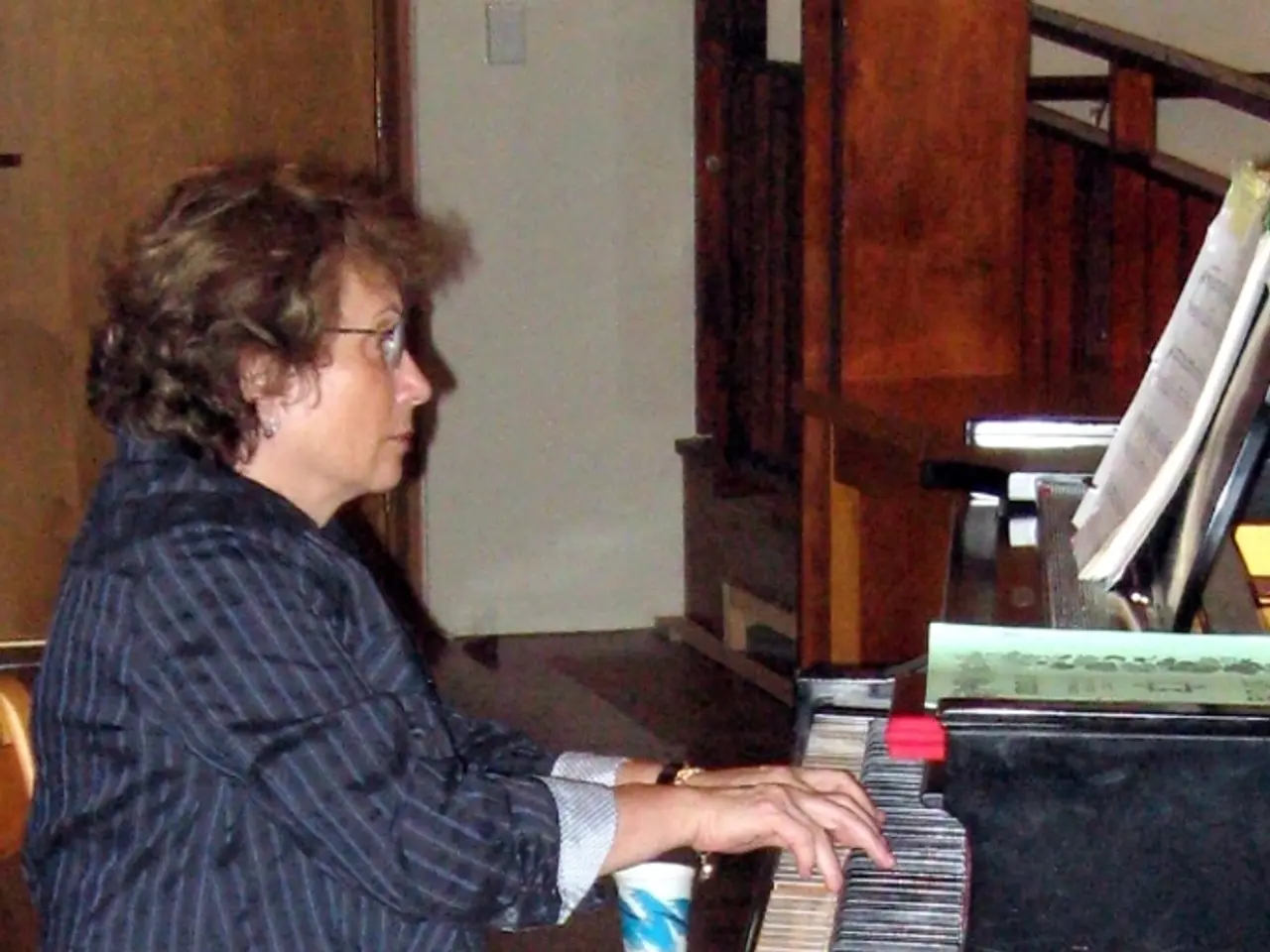Air Canada denies boarding for Kanneh-Mason duo, cancelling their sold-out concert due to cello restrictions
Sheku and Isata Kanneh-Mason, the renowned brother-sister duo, were forced to cancel their sold-out concert in Toronto's famed concert venue on Wednesday. The reason for the cancellation was a dispute with Air Canada, who refused to allow Sheku's 300-year-old cello on their flight.
Despite having already purchased a seat for the instrument, the cello was denied boarding. The cello, worth more than €3 million, is a 1700 Matteo Gofriller cello, a valuable piece of musical history.
Air Canada's policy states that they accept cellos in the cabin when a separate seat has been booked. However, the number of musical instruments that can be accommodated on each Air Canada flight is limited. In this case, it seems the limit was reached, and the Kanneh-Mason's cello was denied.
Sheku called for better airline protocol in the aftermath, stating the need for a more efficient and consistent approach. He also expressed his disappointment and frustration, stating that after nine anxious hours at the airport, they realized their journey wasn't possible.
The concert in Toronto was set to include Clara Schumann's Scherzo No.2 in C Minor, Mendelssohn cello sonatas, music by Fauré, and the Canadian premiere of a piece by British violinist and composer Natalie Klouda.
The Kanneh-Mason family is working to find a new date to perform in Toronto next year. Our website has contacted Air Canada for an additional comment regarding the incident, but as of now, no response has been received.
This is not the first time Sheku has faced such an issue. Last year, he was barred from boarding a British Airways flight with his cello. The ongoing challenges for musicians traveling with large instruments suggest a need for improved airline policies and procedures.
Air Canada's current policy allows passengers to bring musical instruments, including cellos, as part of their carry-on baggage if the instrument fits within the airline's carry-on size limits and can be stowed in the overhead bin or under the seat in front of you. Alternatively, passengers may purchase a seat for their instrument, receiving a 50% discount on the fare to accommodate it in the cabin, provided the instrument does not exceed 162.5 cm (64 in.) in height/length or 36 kg (80 lb.) in weight. Instruments larger than this may require a purchased seat for safe accommodation. The number of instruments allowed per flight is limited, and arrangements must be made at least 48 hours before departure.
As the incident with the Kanneh-Masons highlights, there is a need for airlines to address these challenges and ensure that musicians can travel with their instruments without undue hardship. Air Canada is currently reviewing why Sheku and Isata's cello was not successfully rebooked when their original flight was cancelled. We will update this article with any further information as it becomes available.
- Despite the Kanneh-Mason family's intent to bring classical music to Toronto's concert hall, their sold-out performance was disrupted due to a travel-related issue with Air Canada, affecting not only their lifestyle but also the entertainment of those who had eagerly anticipated the concert.
- The incident involving Sheku and Isata Kanneh-Mason's classical music travel dilemma raises questions about Air Canada's policy on accommodating valuable musical instruments such as cellos, potentially impacting future travel plans for musicians and disrupting the enjoyment of live music for audiences.






